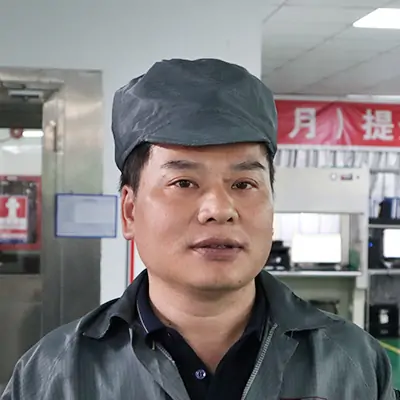Global high-mix volume high-speed PCBA manufacturer
9:00 -18:00, Mon. - Fri. (GMT+8)
9:00 -12:00, Sat. (GMT+8)
(Except Chinese public holidays)
Global high-mix volume high-speed PCBA manufacturer
9:00 -18:00, Mon. - Fri. (GMT+8)
9:00 -12:00, Sat. (GMT+8)
(Except Chinese public holidays)
HomePage > Blog > Knowledge Base > How SMT Component Packaging Affects Electronic Manufacturing
Surface mount component packaging (SMT) is a process that combines a variety of components into one package. The benefits of SMT include low cost and high assembly density. In addition, the smaller package area allows for better electrical performance. However, not all board components can be packaged in this way. To meet a specific design requirement, a designer may need to choose between conventional and surface mount components.
SMT component packaging can be complicated, but it can make the assembly process faster and easier. Because the component is smaller, it reduces the need for multiple layers of boards. This process is also more efficient than traditional components with wire leads. Therefore, engineers need to have an understanding of how SMT components are packaged and how these factors affect electronic manufacturing.
Its development is accelerating as the demand for electronic equipment grows. Today's products are smaller and more powerful than ever. They are also cheaper and faster to replace. The evolution of electronic equipment has also led to the integration of semiconductor integrated circuits. This has caused the pin spacing of SMC/SMD and IC to shrink, from 0.3mm to as little as 0.1mm.
It saves approximately 60% of space and 70% of weight in comparison to traditional through hole via technology. Additionally, it eliminates drilling, which enables manufacturers to reduce costs. As a result, SMT can help electronics custom pcb manufacturer achieve miniaturization, lightweight, and thinness.
Some components are passive, such as resistors and capacitors. These components are available in a variety of package styles. For example, passive SMDs are primarily capacitors and resistors.Each type of package has its requirements and package size.
Some use a visual system that shows where solder paste should be applied and where it should go. Another common SMT package technique involves using a drying oven. Solder paste melts when heated enough to bond components to the PCB. After that, the PCB is cleaned and dried using chemicals, solvents, and compressed air. The finished PCBs are then inspected using AOI machines to ensure they are in position.
Most manufacturers use heat-activated adhesive cover tapes, but they may not be the best choice for certain applications. HAA tapes can be slow to apply, causing production lines to be slower than normal. In addition, HAA tapes can cause trampolining, which reduces production speed and regularity. Nevertheless, heat-activated adhesive cover tapes are the most widely used in the electronic component industry.

Assembly Enquiry
Instant Quote
Phone contact

+86-755-27218592
In addition, we've prepared a Help Center. We recommend checking it before reaching out, as your question and its answer may already be clearly explained there.
Wechat Support

In addition, we've prepared a Help Center. We recommend checking it before reaching out, as your question and its answer may already be clearly explained there.
WhatsApp Support

In addition, we've prepared a Help Center. We recommend checking it before reaching out, as your question and its answer may already be clearly explained there.
